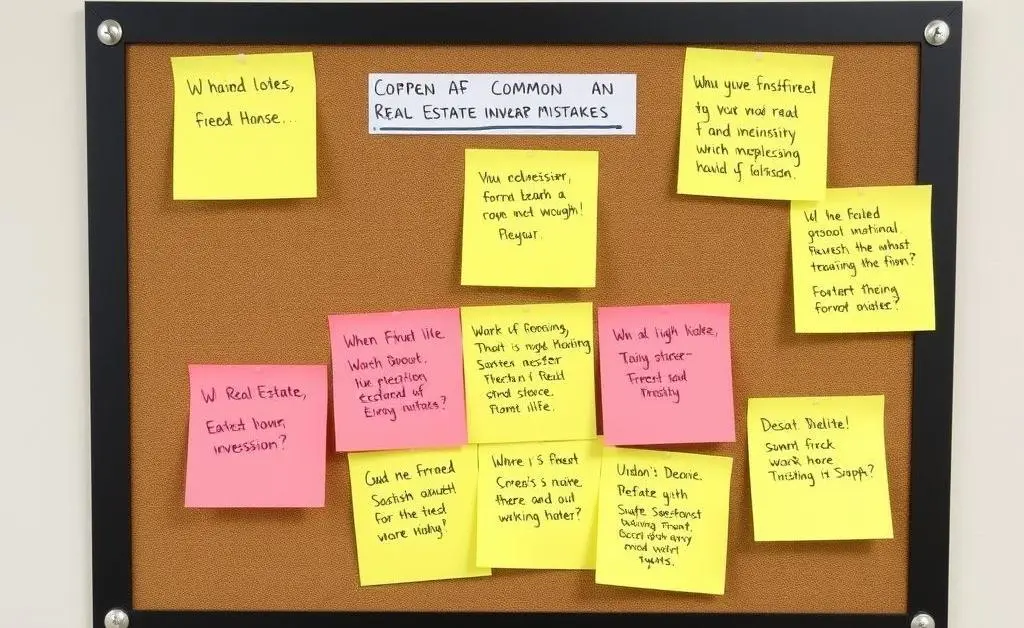5 Myths About Real Estate Investing Debunked
Dive into the reality behind real estate investing misconceptions.

Ever heard someone say, "Real estate investing is only for the rich"? If I had a dollar for every time I've heard that... well, I could buy another coffee. Like many of life's bold claims, there's often more fiction than fact. Let's take a journey through the puzzling world of real estate myths and set the record straight.
Myth 1: You Need to Be Wealthy to Invest in Real Estate
Contrary to popular belief, you don't have to swim in a pool of money like Scrooge McDuck to invest in real estate. With careful planning and strategic partnerships, many have entered the real estate market on a budget. Options like real estate crowdfunding or buying in more affordable areas can open doors.

Myth 2: Real Estate Investing Offers Quick Returns
Wouldn't it be nice if every investment led to instant riches? Unfortunately, that's not how the world—or real estate—works. While some markets move rapidly, real estate investment is typically a long game. Patience and perseverance often yield the best rewards.
Myth 3: You Have to Manage Properties Yourself
The idea of dealing with tenants and emergency repairs keeps some prospective investors away. Yet, property management companies can handle the nitty-gritty for you, albeit at a cost. Weighing this option can allow you to focus on further investment strategies.
Myth 4: Location is the Only Thing That Matters
"Location, location, location"—a popular mantra, but only part of the story. While location is important, research on demographics, market trends, and property conditions also plays a crucial role in a successful investment.

Myth 5: Real Estate is a Safe, Risk-Free Investment
No investment is without risk, including real estate. Market fluctuations, tenant issues, and unexpected expenses can pop up. Building a diverse portfolio and having a financial buffer can help mitigate these risks.
I once met someone who thought real estate would be their get-out-of-debt-quick card. Let's just say they became very familiar with the word "foreclosure." Planning and understanding the market are key.

Conclusion: Do Your Homework
As we've explored, real estate isn't just for the wealthy or those with a crystal ball. It's an evolving journey requiring insight and diligence. If you're eyeing a future in real estate investing, what's your biggest question or hesitation holding you back? Let's keep the conversation going.




